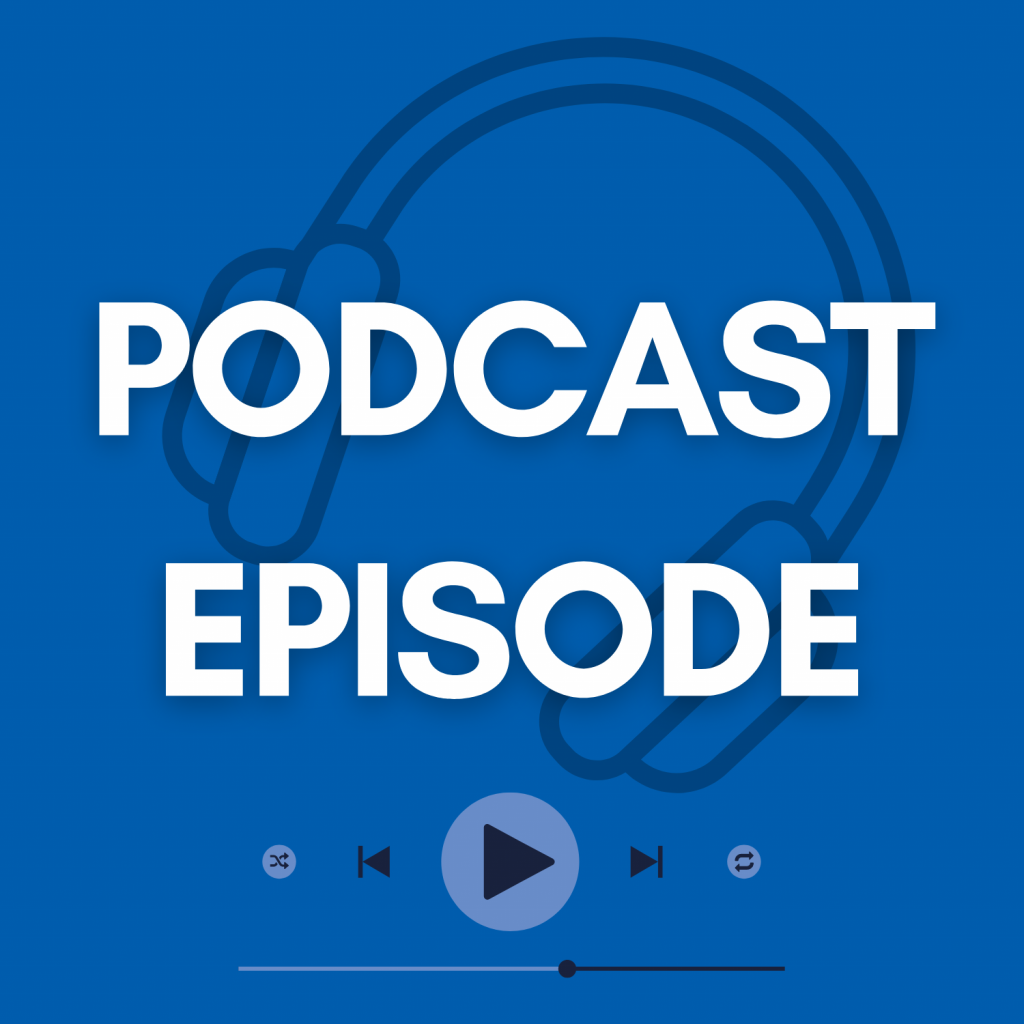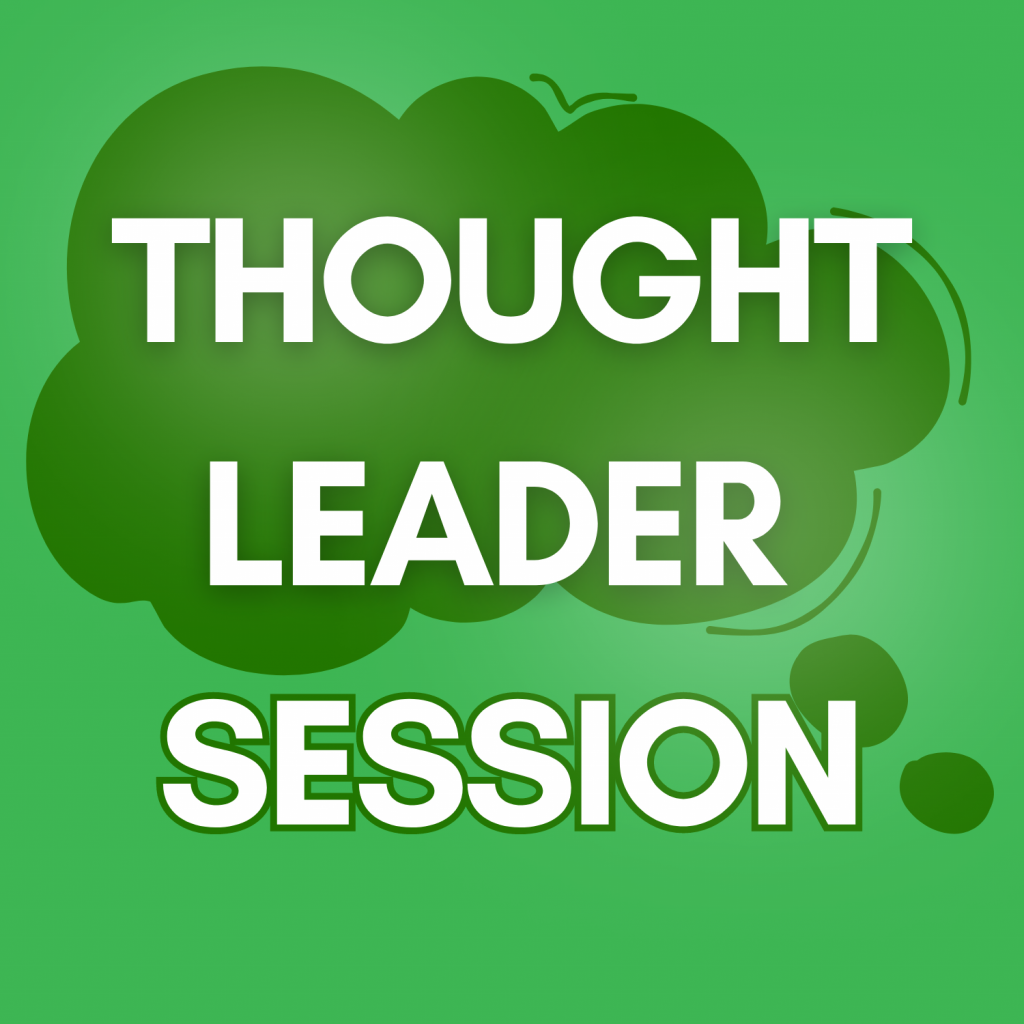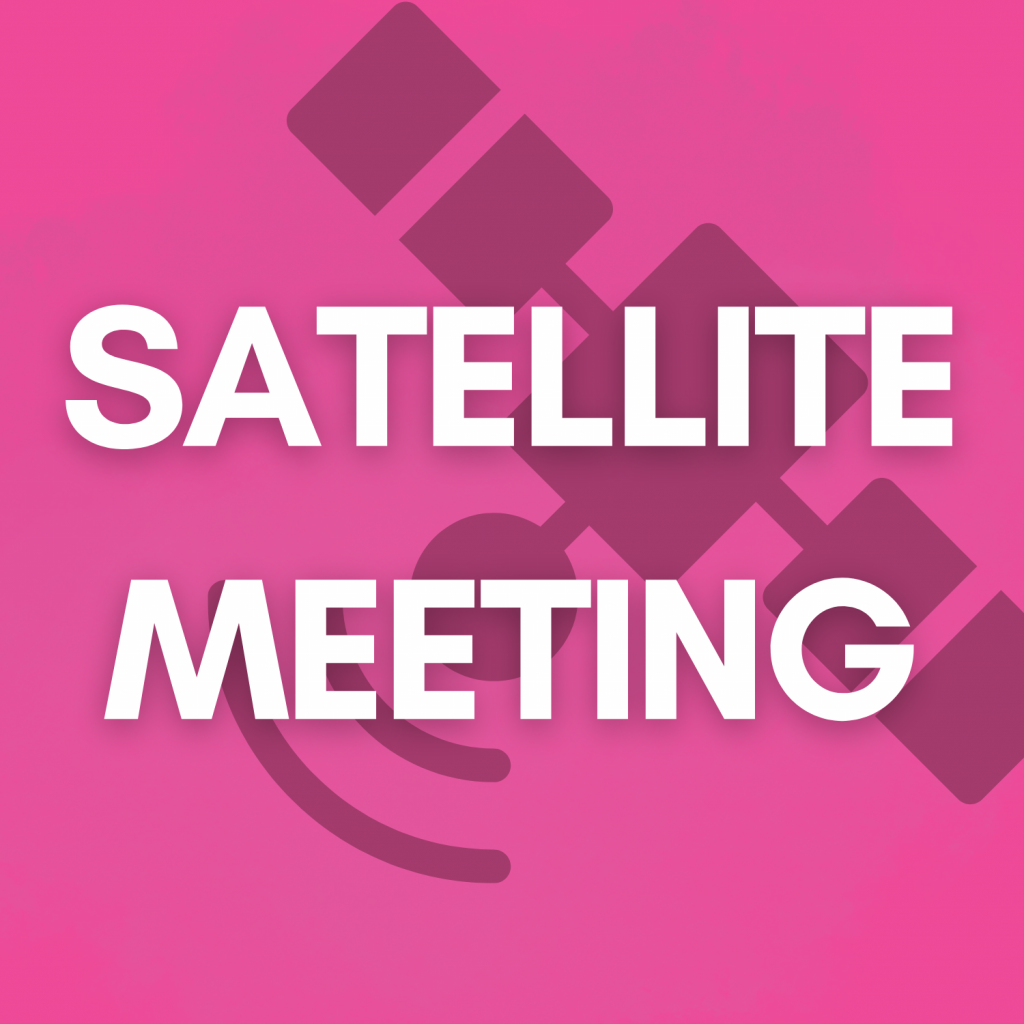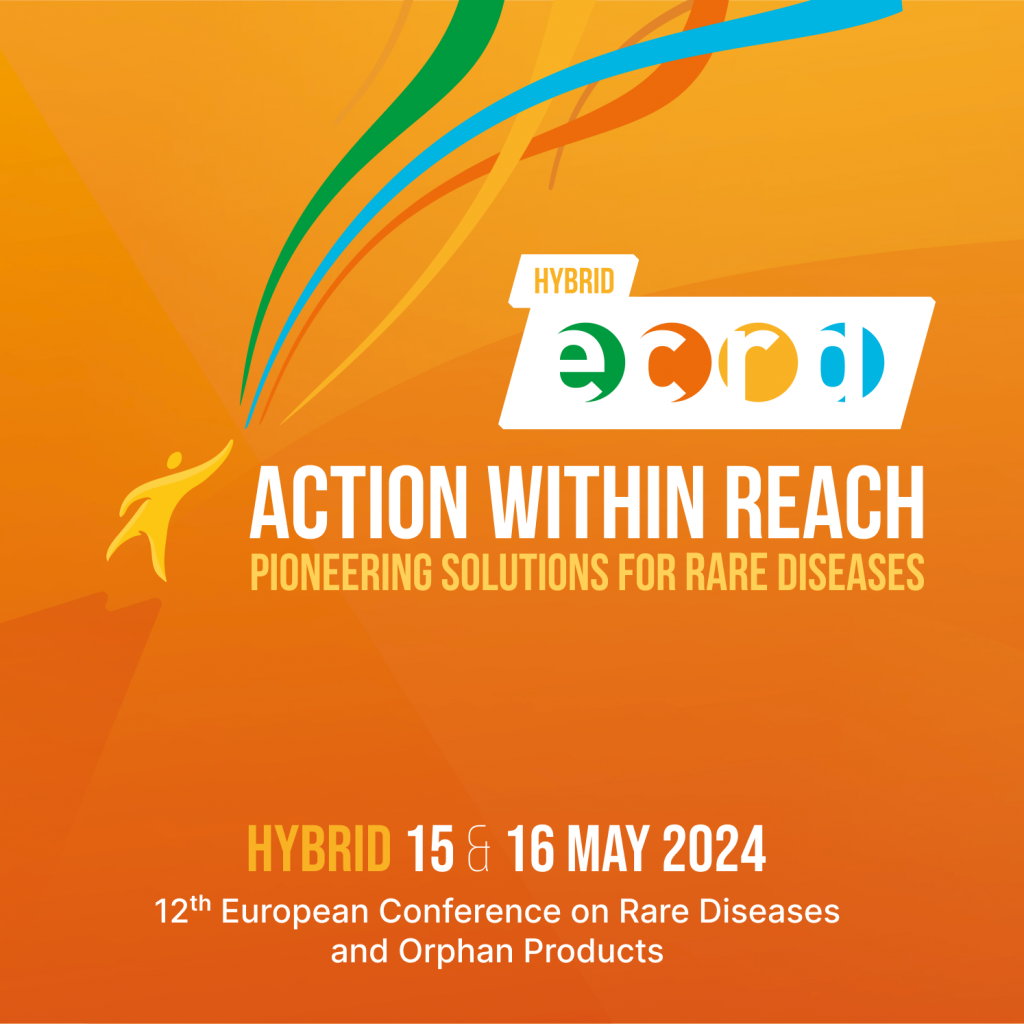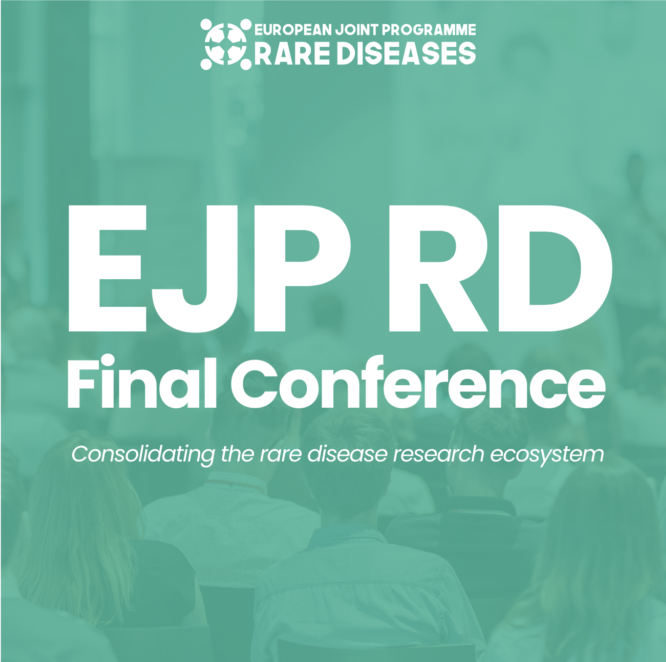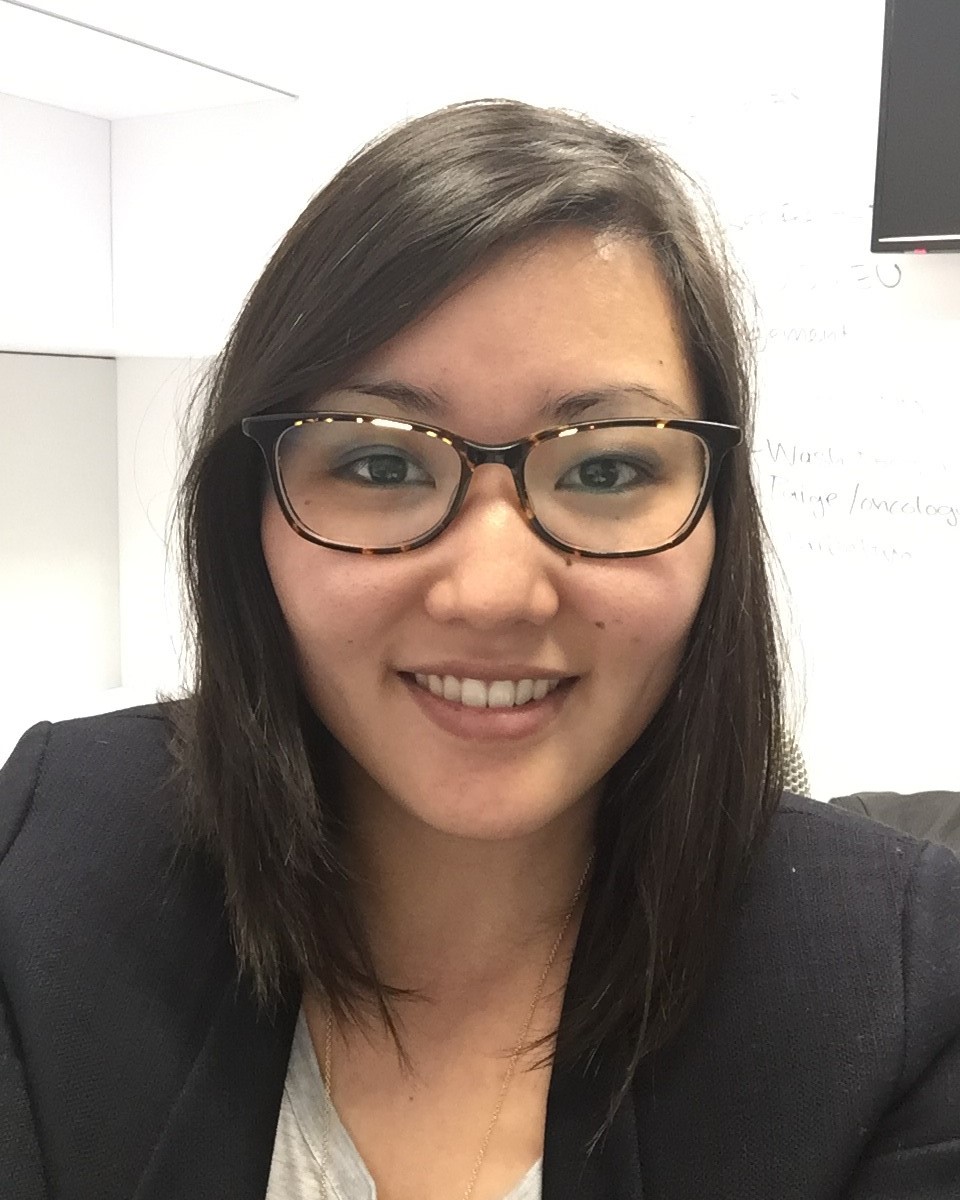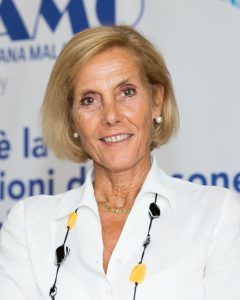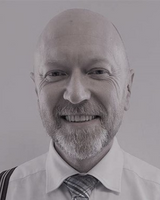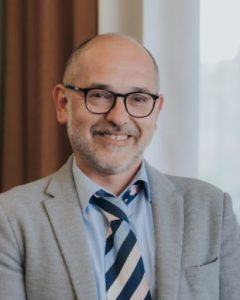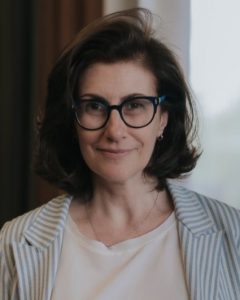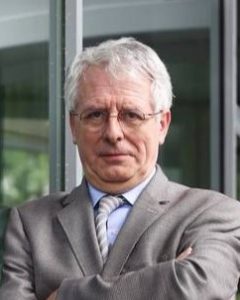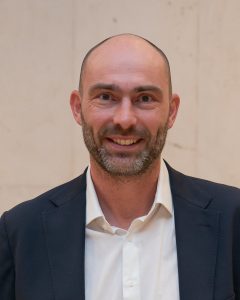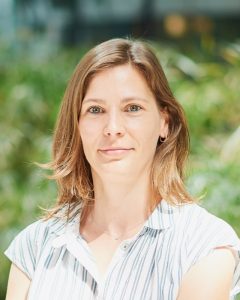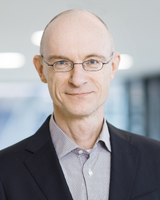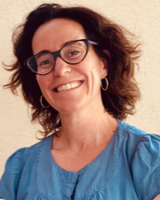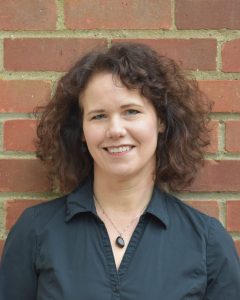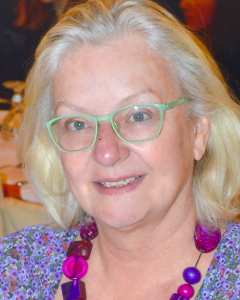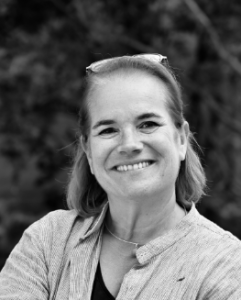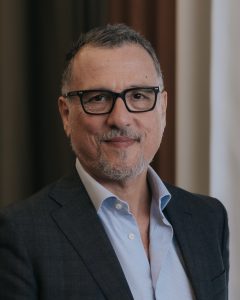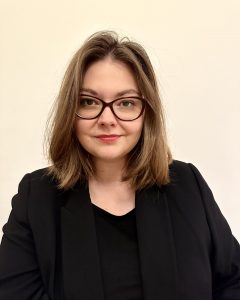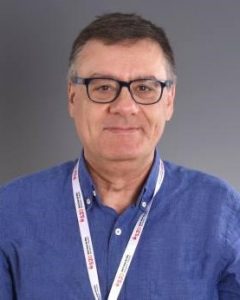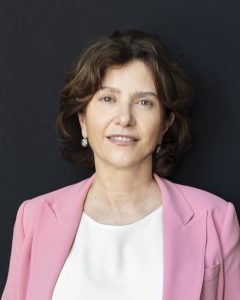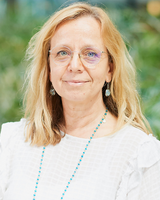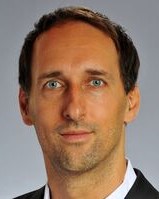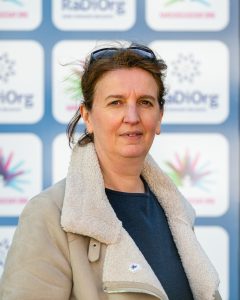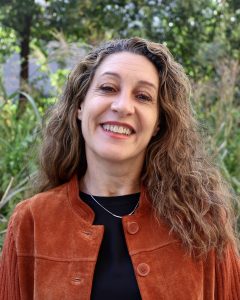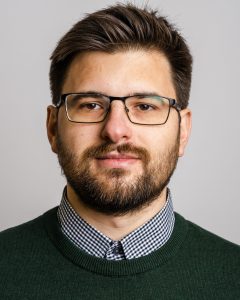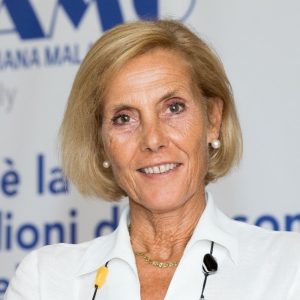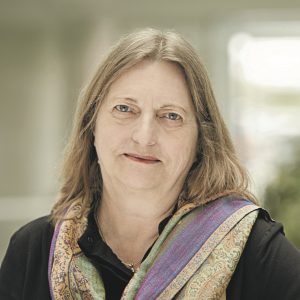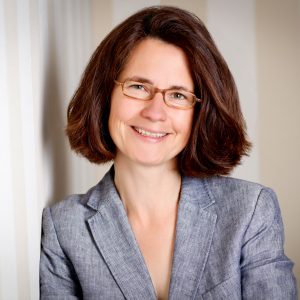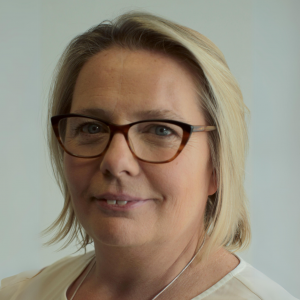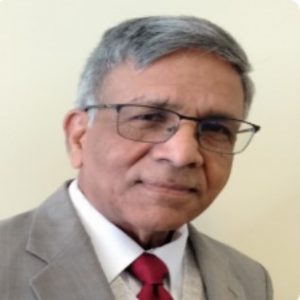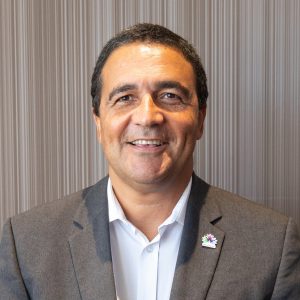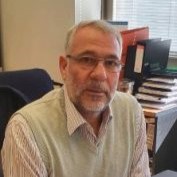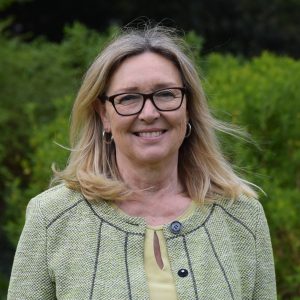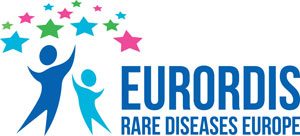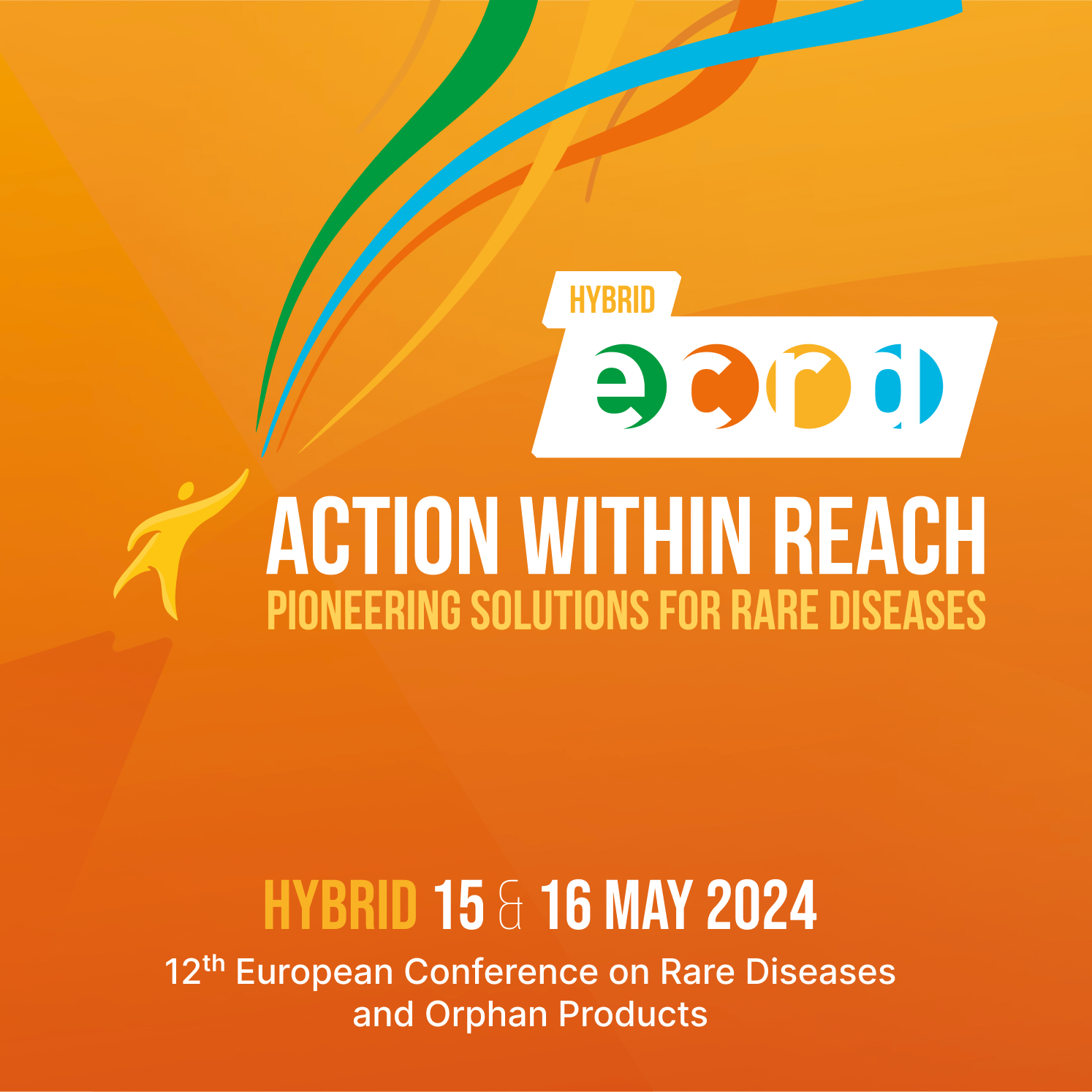
The primary policy objective of ECRD 2024 was to ensure that rare diseases remain a top priority for the upcoming European political leadership, as the Conference set a decisive platform to champion the integration of a comprehensive European Action Plan on rare diseases into the new EU legislative agenda, rooted in the recommendations of Rare 2030.
Spanning a range of areas including early diagnosis, accessibility and affordability of treatments, social inclusion, research and innovation, national strategies and access to highly specialised care, such an Action Plan would encompass all policies and initiatives impacting people living with a rare disease at both European and national levels, establishing clear, measurable goals to be achieved by 2030.
European Commissioner for Health, Stella Kyriakides.
ECRD 2024 represented a great opportunity to translate political momentum into comprehensive actions for the EU’s new cohort of policymakers and leaders. The ECRD 2024 programme did this by addressing the key policy areas that form part of a broader policy framework. The conference culminated in the output of a co-created open letter to the EU Institutions and country leaders where expectations of the community were clearly spelled out and conveyed to decision-makers in an unequivocal manner, leaving a solid legacy for the future EU leadership.
For the first time in its history, ECRD was a fully hybrid conference, taking place on 15 & 16 May 2024 online and at The Square in Brussels. Conceived as an inclusive conference, the event offered live captioning for each session in the following languages: English, Spanish, Italian, French, German, Greek, Czech, Danish, Dutch, Polish, Hungarian, Romanian and Portuguese. This hybrid format built on the success of the previous online conference, to expand outreach to key stakeholders, showcase strong political support and build momentum for the post-ECRD 2024 implementation. This approach was a direct response to the feedback from our community and emphasises our commitment to making the conference more accessible and engaging for all. Click on the interactive boxes below to learn more about the programme.
2024 was a year of change for European institutions and for European citizens. ECRD took place at a consequential time, only 3 weeks before EU citizens placed their votes to decide who should represent them for the next five years in the European Parliament.
This was not only important for the Parliament itself, but also because the new European leadership of the European Commission, the new College of 27 Commissioners, were approved by the newly elected Members of the European Parliament in late November 2024. This newly appointed Commission will drive a proposal for a seven-year budget encompassing all of the spending priorities.
Altogether, this new leadership will steer the priorities of the EU until the end of the decade. We, the rare disease community, have high expectations from this new leadership, not least because they will bring to completion some important legislative files, such as the review of the pharmaceutical legislation. We also expect them to bring to fruition the recommendations of the Rare 2030 foresight study, a comprehensive review of the strategy for rare diseases, which the entire rare disease community has been involved in shaping.
As we know, European policies are also influenced by the priorities of member countries. ECRD took place during Belgium’s six-month tenure as the rotating president of the Council of the European Union. We are therefore excited to announce that this conference was organised under the auspices of the Belgian Presidency, reflecting its important role in steering the EU’s agenda during this period.
ECRD Timeline
APRIL 2024
APRIL 2024
25 APRIL 2024
3 MAY 2024
ECRD Programme
WEDNESDAY, 15 MAY 2024
ARRIVE EARLY
Dive into ECRD - Europe’s largest, patient-led, rare disease policy-shaping event!
click here to read more ▽Welcome: Frank Vandenbrouke, Minister of Social Affairs of Belgium
Opening remarks: Connecting around content. Tamsin Rose & Gerrit Heijkoop
Keynote Addresses:
ECRD 2024 Vision and expectations: Avril Daly, President, EURORDIS-Rare Diseases Europe
Virginie Bros-Facer, Chief Executive Officer, EURORDIS-Rare Diseases Europe
The role of Belgium during their presidency of the Council of the European Union:
Frank Vandenbroucke, Minister of Social Affairs of Belgium
Past participant testimony: Lucy McKay, CEO, Medics4RareDiseases
Interactive musical interlude: collaboration is key!
Programme Overview: Ana Rath, Director, Orphanet
Newcomer testimony: Stefan Joris, Chair, Association Muco Vereniging
Closing remarks: sharing intentions and commitments. Tamsin Rose
Comfort break
Learn and pitch your ideas in the Poster Pitch
click here to read more ▽This interactive pitch session will be followed by a poster scavenger hunt, facilitated both online and in-person, with prizes to be won via the interactive online conference platform!
Lunchtime!
Join the poster scavenger hunt and organise your own informal side-meetings!PARALLEL SESSIONS
14.00 - 15.30Choose one of the following parallel sessions
Revolutionising Funding Strategies for Breakthrough Therapies in Rarer Diseases
click here to read more ▽We start by acknowledging the limitations of the current therapies' development model, particularly its inadequacy in addressing the unique challenges of rarer diseases. Our discussion will focus on key areas such as:
- Strategies for funding highly individualised clinical trials (n-of-1 and n-of-few) and their effective implementation.
- Exploration of existing, innovative funding models for research and development in small patient populations.
- Discussing the potential of personalised medicine in transforming the treatment landscape for rare diseases.
Throughout the session, we will emphasise a collaborative and patient-centric approach, focusing on providing actionable recommendations for rare disease therapeutic development, particularly in rarer diseases. The discussion will centre on fostering patient-focused strategies and collaborative efforts in RD research.
Learning objectives:
- Summarise the main challenges of funding R&D in rarer diseases.
- Evaluate alternative business models and funding mechanisms to develop treatments for rare and rarer diseases.
- Describe the opportunities and challenges of developing clinical research on very few patients.
Session Chair: Holm Graessner, Hospital of the University of Tübingen
Speaker: Robert Bopp, CFD Foundation eV
Speaker: Dana Burduja, European Investment Bank
Speaker: Samantha Parker, IRDiRC and Italfarmaco
No Health without Mental Health!
Let’s Co-create a Mentally Healthy Toolkit
click here to read more
▽
This session will start a co-creation process to develop a new Mentally Healthy Toolkit for the rare disease community, by exploring the existing best practices and tools that can be drawn on and scaled to form the basis for a new Toolkit. As well as providing concrete policy solutions that can support the implementation of the UN commitment into national healthcare systems.
This session will emphasize the vital interconnection between physical and mental health, for people living with a rare condition. We will explore the needs of the rare disease community, at both an individual level, where mental health can be a primary characteristic or a co-morbidity to rare conditions, affecting not just the individual but also the parents, siblings and caregivers; and at a population level, where the rare disease journey impacts directly on the whole community, due to living with uncertainties, medical trauma, isolation, stigma and discrimination.
The session will also draw on and explore existing best practices for psychosocial programmes to test their applicability, transferability and scalability for other rare conditions and communities.
Learning objectives:
- Build the awareness and understanding of the impact of rare diseases on mental health and on the risk and protection factors that influence our mental health and wellbeing.
- Leverage the insights gained from existing best practice and tools to alleviate mental health challenges associated with rare conditions for both the individual and the family, to include in EURORDIS’ Mentally Healthy Community Toolkit.
- Identify key recommendations to policy makers and the new European Parliament to develop psychologically informed medical care, that support the UN’s call for Mental States to establish psychosocial support for PLWRD and their families.
Session Chair: Kirsten Johnson, Fragile X International
Panelist: Dorica Dan, Romanian National Alliance for Rare Diseases
Panelist: Anna Jansen, University Hospital Antwerp
Panellist: Lucy McKay, Medics4RD
Panelist: André Rietman, Erasmus University Medical Center
Panelist: Eva Schoeters, RaDiOrg – Rare Diseases Belgium
Panelist: Kym Winter, Rareminds
Keynote Speaker: Vinciane Quoidbach, European Brain Council
Another break for serious fun!
Join small group discussions
click here to read more ▽During the Day 1 Opening Plenary session, you will have the opportunity to vote for your favourite topics to be discussed during this ‘blank canvas’ session.
During this session, simply select from the confirmed topics and join the relevant group for an informal exchange. No professional moderation provided. Sessions will be duplicated both online and in-person giving everyone the opportunity to connect with others around topics that are important to you.
HIGHLIGHTS HUB
click here to read more ▽Enjoy music, food, a 'mystery ingredients' tasting competition and engage in structured networking!
(in person only)THURSDAY, 16 MAY 2024
Check-in
grab your welcome coffee, and get ready for action!SURPRISE KEYNOTE SPEAKERS!
click here to read more ▽Welcome and opening remarks: Facilitators: Tamsin Rose & Gerrit Heijkoop
Keynote addresses:
Eva Schoeters, Director, RaDiOrg
Sofie Skoubo, Paralympic Athlete and PhD Student
Looking ahead: What will be the lasting legacy of this conference? Let’s close this session with a focus on action vs. intentions. ECRD 2024 will close this afternoon, but this is not the of the road! Valentina Bottarelli, Public Affairs Director & Head of European and International Advocacy.
Poster Awards and Poster Pitch
click here to read more ▽Poster Awards: discover the winner and runners-up of the ECRD 2024 Poster Awards!
Poster Pitches: Continue learning from each with more pitches from among our top-scoring poster authors. Remember to browse all posters showcased on our interactive online conference platform.
Comfort break
connect on a personal level while having fun!PARALLEL SESSIONS
11.30 - 13.00Choose one of the following parallel sessions
The Path Forward for Equitable Diagnosis
click here to read more ▽Learning objectives:
- Explain why time to accurate diagnosis is still in average five years.
- Describe main current programmes and ongoing activities in NBS.
- Explain how genomic sequencing approaches are used in healthcare to decrease time to diagnosis.
Session Chair: Nick Meade, Genetic Alliance UK
Speaker: Simona Bellagambi, UNIAMO
Speaker: Jessie Dubief, EURORDIS-Rare Diseases Europe
Speaker: Ingo Kurth, University Hospital Aachen
Speaker: Graham Shortland, SWAN (Syndrome Without A Name) Clinic
Speaker: Miriam Elbracht, University Hospital Aachen
Speaker: Petros Tsipouras, FirstSteps Greece
Achieving Full Reach: Overcoming the Last Challenges to Access Highly Specialised Care
click here to read more ▽In most European countries, Expert Centres manage a caseload that is big enough to develop the expertise locally and to meet the needs of the patient population affected in their country by the most prevalent rare diseases. However, considering the interplay of factors such as prevalence and incidence rate, expert team availability, and financial implications, it becomes evident that for other less frequent and lower prevalent diseases as well as for rare, complex surgical interventions, even the bigger countries need to arrange cross-border collaboration at a pan-European level or even internationally in order to meet the needs of this patient population.
In this session speakers will discuss the feasibility and opportunities for enhanced pan-European cooperation to plan, fund, contract and organise the delivery of highly specialised healthcare services for highly specialised interventions, under leading Expert Centres that would be connected to national, European and international networks, to ensure safe, accessible and sustainable high-quality care for all.
Learning objectives:
- Have a better understanding of the unmet needs and gaps in the provision of cross-border care for certain highly specialised services.
- Understand the rationale for greater solidarity and collective EU action to ensure timely access to adequate cross-border highly specialised interventions, specifically for rare, complex surgeries.
- Identify the fundamental components involved in establishing an EU system for commissioning highly specialised services, specifically for rare, complex surgical procedures.
Session Chair: Enrique Terol, Permanent Representation of Spain to the EU
Panelist: Ivo de Blaauw, Radboud University Medical Centre, Nijmeg
Panelist: Jan Deprest, UZ Leuven
Panelist: Fiona Marley, NHS England
Panelist: Miriam Wilms, Advisory Board of SoMA eV
Panelist: Nicole Wolf, Amsterdam University Medical Centre
Lunch break!
Get ready for a serious fun and organise your own side-meetings!PARALLEL SESSIONS
14.00 - 15.30Choose one of the following parallel sessions
Innovative Therapies, Unequal Access: Bridging the Gap for Rare Disease Treatments
click here to read more ▽Learning objectives:
- To understand and address the challenges that contribute to the widening gap between market access and actual patient access, including high costs, payer reluctance, and disparities in health systems and legislations.
- To analyze and advocate for improved policies that better supports access to orphan medicines for rare disease patients
- To propose and discuss shared policy measures, especially for ultra-rare diseases, and to explore solutions for the financial and logistical complexities across various Member States.
Session Chair: Jo de Cock, Former General Administrator, RIZIV/INAMI
Speaker: Donatello Crocetta, UCB
Speaker: Daniel de Vicente, Asociación de pacientes ASMD España
Speaker: Celeste Scotti, Fondazione Telethon
Speaker: Christine Leopold, Austrian Health Institute (Gesundheit Österreich Gmbh)
Speaker: Mariangela Pellegrini, ERN Bloodnet
National Plans: Exchanging Best Practices to Forge a Unified European Response to Rare Disease
click here to read more ▽Learning objectives:
- Learn from each other about the added value of a rare disease national plan or strategy and how adequate national measures can improve care for people living with a rare disease throughout the patient’s journey.
- Refresh how implementing existing EU-wide recommendations are instrumental to build a comprehensive national plan for rare diseases and consider how new or updated European policies and legislations affecting rare diseases can be embedded into national systems.
- Converge on the added value and the necessity of coordinating national strategies and policies on rare diseases under a singular European framework, with common goals and indicators, thereby streamlining efforts and ensuring consistency in care and support for people with rare diseases throughout Europe.
Session Chair: Victoria Hedley, Newcastle University Institute of Translational and Clinical Research
Speaker: Antoni Montserrat, ALAN-Maladies Rares Luxembourg
Speaker: Francesca Poloni, Directorate of Health, Luxembourg
Speaker: Jean-Philippe Plançon, Alliance Maladies Rares, France
Speaker: Anne-Sophie Lapointe, Ministry of Health, France
Speaker: Giovanni Paolo Latella, Directorate of Health Planning, Italy
Speaker: Annalisa Scopinaro, UNIAMO, Italy
Comfort break
create memories together!Highlights hub
click here to read more ▽Here is your chance to discover the most important insights and highlights from Day 2 of ECRD. This session will feature short interviews with key speakers, session chairs and rapporteurs, summarising the most important discussions and policy outcomes. This interactive catch-up will also provide opportunities for you to share your own perspectives.
